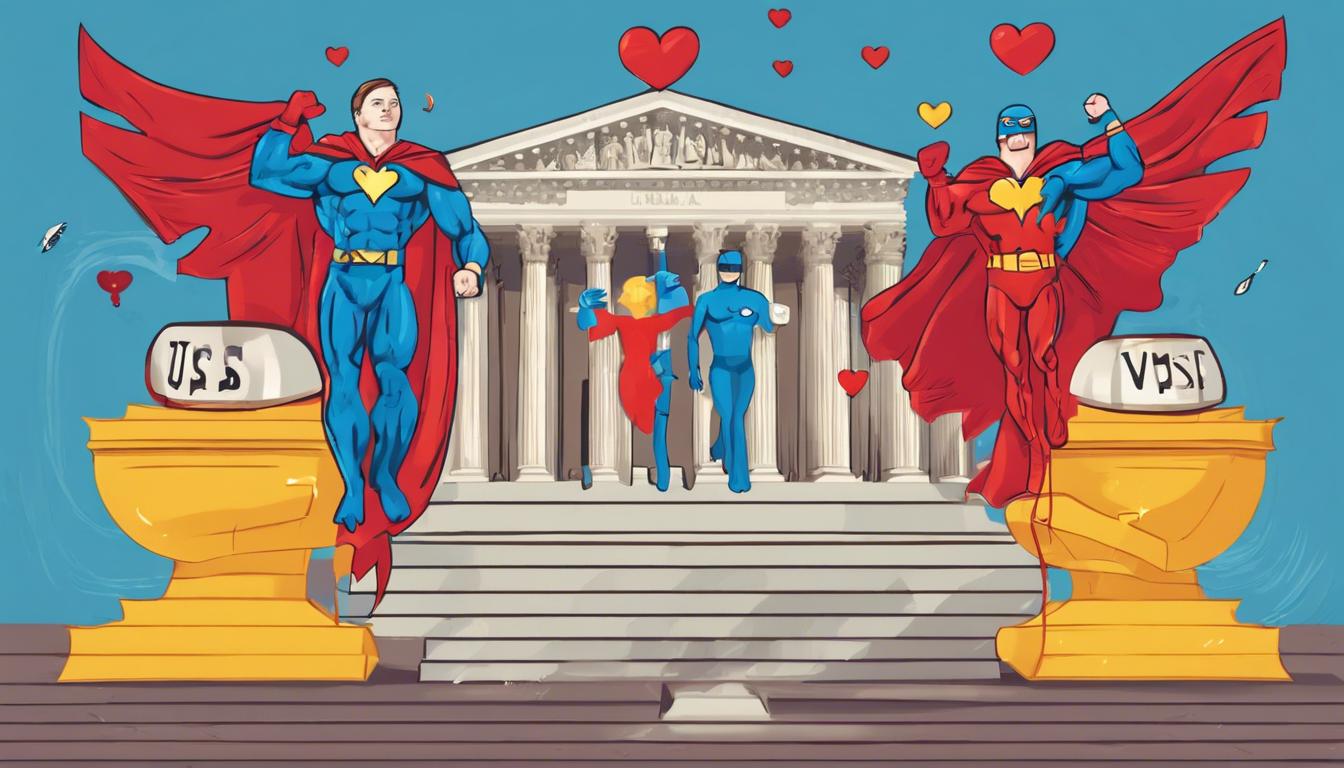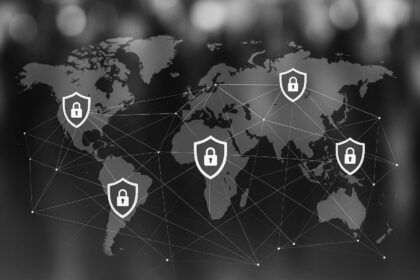In landmark decisions, the US Supreme Court has addressed the balance between free speech rights and the use of social media by public officials, affecting how they interact with the public online.
The US Supreme Court has made landmark decisions regarding free speech and the interaction between public officials and citizens on social media platforms. In a notable ruling, the Court declared that public officials could potentially face lawsuits for blocking critics on their social media accounts. This decision emerged from cases involving former President Donald Trump’s use of Twitter and similar instances in California and Michigan where school board and city officials respectively blocked critics. Justice Amy Coney Barrett clarified that when officials use personal accounts to make official statements, they cannot freely block comments or critics.
This jurisprudence aims to balance the free speech rights of both public officials and their constituents within the digital sphere, setting a significant precedent on how personal and official social media accounts of public officials are considered, particularly concerning job-related discussions online.
Additionally, the Supreme Court is deliberating on Murthy v Missouri, a case focusing on the White House’s alleged pressures on social media platforms like Twitter and Facebook to remove COVID-19 misinformation. This lawsuit, supported by Republican advocates, questions the boundaries of free speech and government intervention online, with opponents arguing it might lead to unchecked spread of misinformation, impacting public health and election integrity.
These rulings and ongoing cases underscore the evolving challenges and considerations at the intersection of free speech, social media, and governmental action, indicating significant implications for digital communication and public discourse in the United States.













